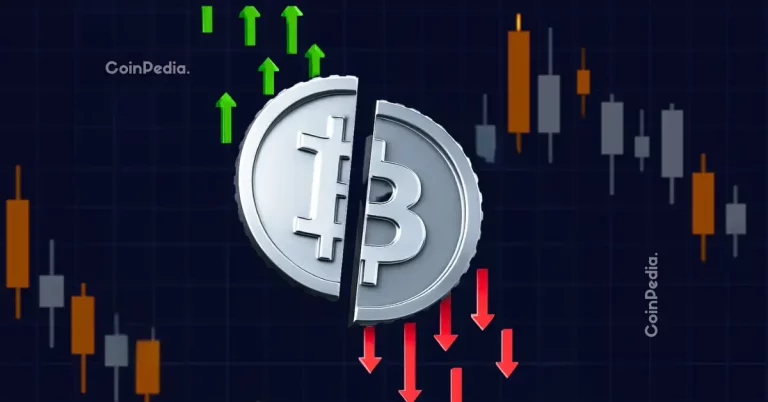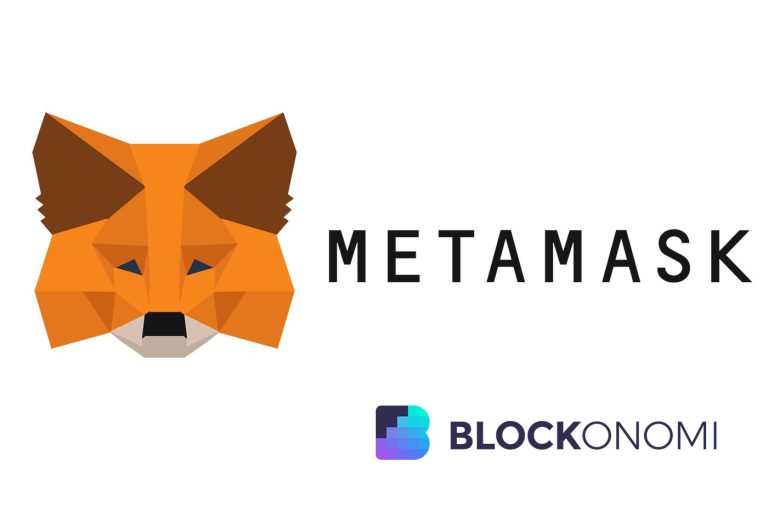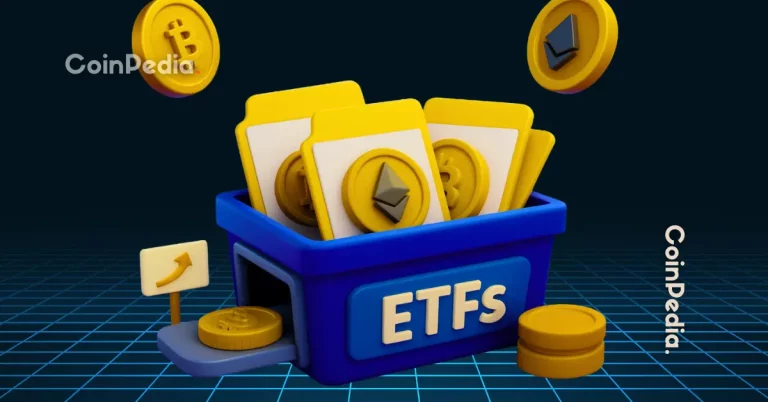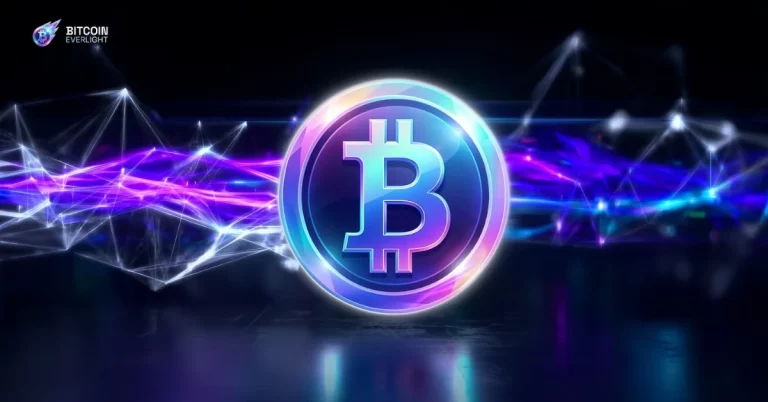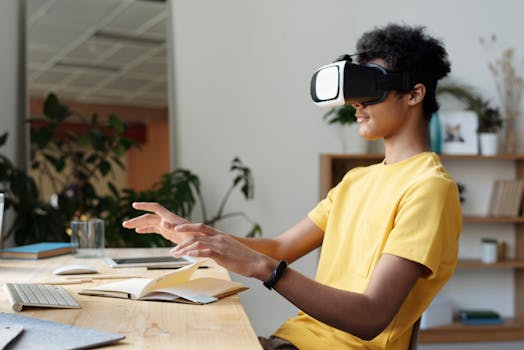
The Future of Education: What 2025 Holds
Introduction to the Future of Education
The Future of Education is an exciting and rapidly evolving field, with new technologies and innovations emerging every day. As we approach 2025, it’s essential to consider what the future holds for students, teachers, and institutions. In this article, we’ll explore the trends, challenges, and opportunities that will shape the education sector in the years to come.
Focus Keyword: The Future of Education
The Future of Education is a critical topic that has garnered significant attention in recent years. With the rise of technology and online learning, the way we teach and learn is undergoing a significant transformation. The future of education will be shaped by various factors, including artificial intelligence, virtual reality, and the Internet of Things (IoT). These technologies will not only change the way we learn but also the way we interact with each other and the world around us.
Section 1: The Impact of Technology on Education
Technology has already begun to transform the education sector in many ways. From online courses and degree programs to educational apps and games, technology has made learning more accessible, flexible, and engaging. In 2025, we can expect to see even more innovative uses of technology in education, such as:
- Artificial intelligence (AI)-powered adaptive learning systems that tailor instruction to individual students’ needs and abilities.
- Virtual and augmented reality experiences that simulate real-world environments and scenarios, making learning more immersive and interactive.
- Blockchain-based platforms that enable secure, transparent, and efficient management of educational records and credentials.
Section 2: The Rise of Online and Blended Learning
Online and blended learning have become increasingly popular in recent years, and this trend is expected to continue in 2025. Online learning offers many benefits, including greater flexibility, convenience, and accessibility, while blended learning combines the best of both online and traditional classroom-based instruction. In 2025, we can expect to see:
- More online degree programs and courses that offer high-quality, interactive learning experiences.
- Increased adoption of blended learning models that integrate online and offline instruction.
- Greater emphasis on developing digital literacy and online learning skills among students and teachers.
Section 3: The Future of the Classroom
The traditional classroom is evolving, and in 2025, we can expect to see significant changes in the way we teach and learn. Some of the trends that will shape the future of the classroom include:
- Personalized learning that tailors instruction to individual students’ needs and abilities.
- Competency-based progression that allows students to progress through levels of learning at their own pace.
- Increased emphasis on social-emotional learning, creativity, and critical thinking skills.
Conclusion
In conclusion, the future of education in 2025 will be shaped by technology, innovation, and a commitment to providing high-quality, student-centered learning experiences. As we move forward, it’s essential to stay focused on the needs of students, teachers, and institutions, and to be open to new ideas, approaches, and technologies that can help us achieve our goals.
